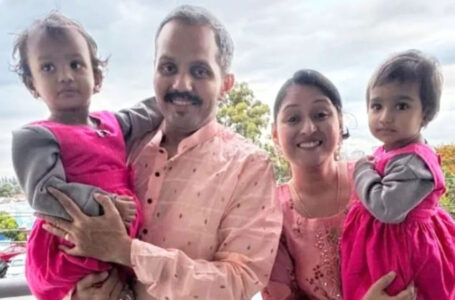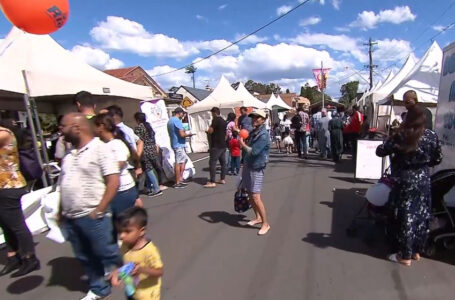HOW THE TIFFIN BOX IS GOING SOCIAL

On the occasion of World Food Day which happened on October 16, we’re paying tribute to the system of dabbawallas that keep people in Mumbai well fed throughout the working week. The dabbawalla system evolved sometime in the 1890s, according to historians, and comprises of a bunch of white-clad, Gandhi-cap-wearing men on bicycles delivering hot, home cooked food from homes to workplaces in late morning and early noon, and then delivering the empty lunch boxes back to homes during late afternoon.
Their mandate is simple: deliver boxes on time, without an error. Not only is this network made use of by households in which wives send packed lunches to their husbands, but also by prominent meal suppliers. In 1968, the dabbawallas set up a commercial arm to their business called the Mumbai Tiffin Box Suppliers Association.
They run even in extreme weather conditions, even in the middle of the monsoon, and ensure that boxes are delivered on time to the right person. They use a system of colour coding and messages between themselves to track their ‘shipments’. They have been the subject of many management studies, and their error rate – estimated at one every eight million deliveries – is meant to be better than a six-sigma error rate, which is one every 3.4 million operations.
Now, the dabbawalla is getting another job on his hands with a ‘Share my Dabba’ initiative. This is a new campaign in Mumbai that uses the dabbawalla network to deliver uneaten food from lunch boxes to people on the street who do not have food to eat. Most uneaten food goes to waste in our lunch boxes, so by using a colour code which is used specifically for ‘sharing’, we can allow for this food to be given to some of the starving children on the streets.
Here’s how it works: if you have a lunchbox that has uneaten food in it, you will put a sticker on it that it is ready to be ‘shared’. You will place the box along with others of its like in a designated place, where your local dabbawalla will pick it up and deliver it to the homeless children in that area. Since the dabbawallas are typically well versed in the geographical details of their respective areas, they will be able to deliver your box and bring it back within a couple of hours. You can then take your empty box home by yourself or allow your ‘regular’ dabbawalla to pick it up and take it home.
The food is generally delivered about an hour after lunchtime, because the dabbawallas pick up the boxes after lunch hour has passed in offices, after people have had time to ‘put up’ their uneaten food to be picked up.
This is a brilliant social initiative that makes use of existing infrastructure to bring about change. If this idea appeals to you, please go to ‘Share My Dabba’ on Facebook and let all your friends know about them. The sooner we implement this in all of India’s cities, the better!







